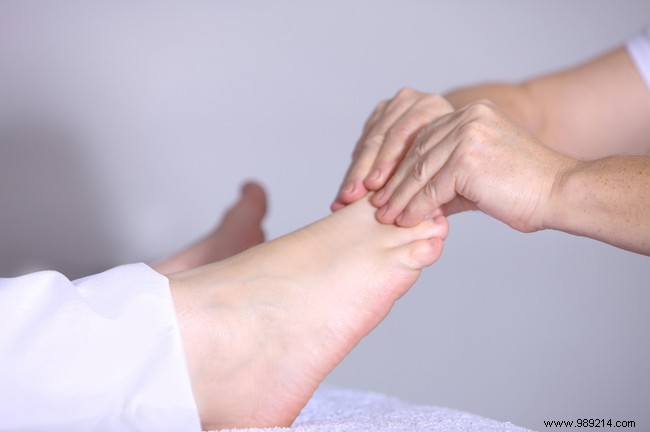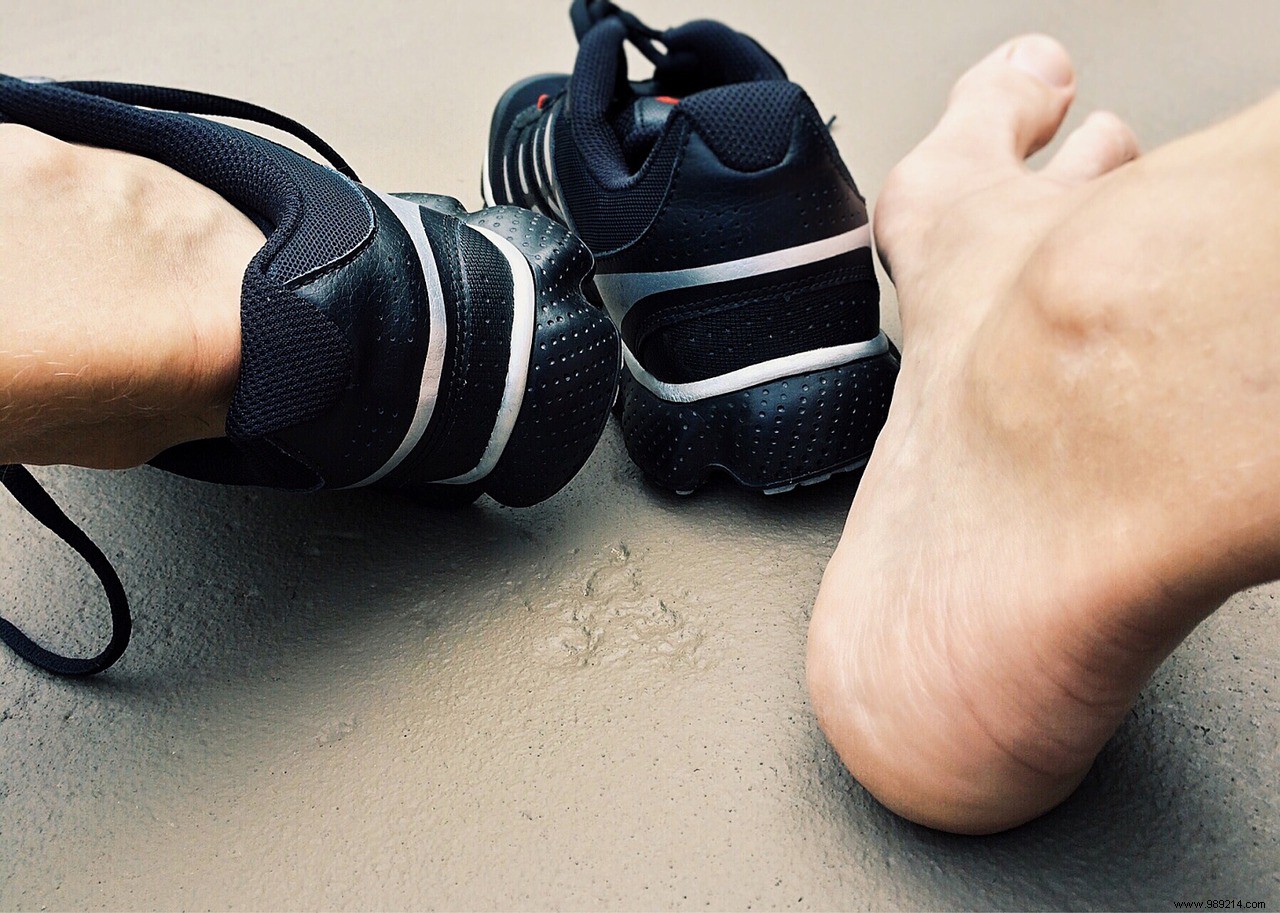
Working in the paramedical sector, the podiatrist is a specialist in good foot health which deals with treating ailments and complications in this part of the body. Educational, preventive or curative, its treatments are numerous. Focus on this profession.
A medical science, podiatry deals with the prevention, study, diagnosis and management of pathologies that generally affect the musculoskeletal system. Local manifestations, pains, problems and other systemic concerns of this area of the body are taken into consideration by podiatry. This discipline is divided into three professions, namely the orthopedist, the podo-orthist and the podiatrist .
Holder of a state diploma in pedicure-podiatry, the latter has a paramedic status which allows him to have a different approach to the profession. He completed 3-year studies at a Pedicure-Podology Training Institute. This professional takes care of all ailments relating to walking or the structure of the feet as well as skin or nail problems.
In consultation, the podiatrist begins by asking a series of questions to his patient. He then performs a dynamic, static or postural clinical examination of the musculoskeletal system or the foot to make a diagnosis. Once this is done, the professional can begin the care and treatment of the conditions. Generally, it treats corns, calluses, ingrown nails, plantar warts, fungal infections and others. Depending on the case, he may prescribe dressings or topical medications. He is also authorized to prescribe orthoses and prostheses that he can manufacture himself or order from a prosthetist.
It should be noted that the podiatrist also has the mission of educating and advising his patients. It informs them about the gestures to avoid, the techniques for cutting their nails properly, the rules of hygiene, the choice of shoes and many other things.
It is strongly advised to consult a podiatrist as soon as pain is felt in the foot, namely the ankle, the toes, the soles of the feet or the heel. If the wear of the shoes is abnormal (asymmetry, significant and rapid wear), it is also advisable to seek the advice of this specialist.
Back, hip or knee pain calls for a consultation with a podiatrist. It can actually be caused by intensive use of an area of the spine or a limb or even a posture problem. Similarly, do not hesitate to go to his home in front of a malformation of the foot.

Diabetic patients are also advised to make regular consultations because a harmless wound can cause serious complications for them. Athletes, the elderly or those prone to overweight will do well to go to a podiatrist for prevention and to avoid the consequences of an overstretched joint.
In principle, it is not mandatory to have a medical prescription to see this foot health specialist. Nevertheless, it is advisable to obtain this document to access reimbursement from Social Security.
On average, a consultation costs around 30 €. Social security reimburses only diabetics (stage 2 or 3). A reimbursement of up to one euro is made on certain pedicure treatments carried out on medical prescription. But a refund by the mutual is made normally. Plantar orthoses are also reimbursed by Social Security up to €28. For the rest, you will have to apply to the mutual insurance company to obtain the rest of the coverage.
Rheumatology, dermatology, pediatrics, orthopedics are all specialties related to podiatry, demonstrating the interest in this profession and the essential role of this discipline in the well-being of each individual.